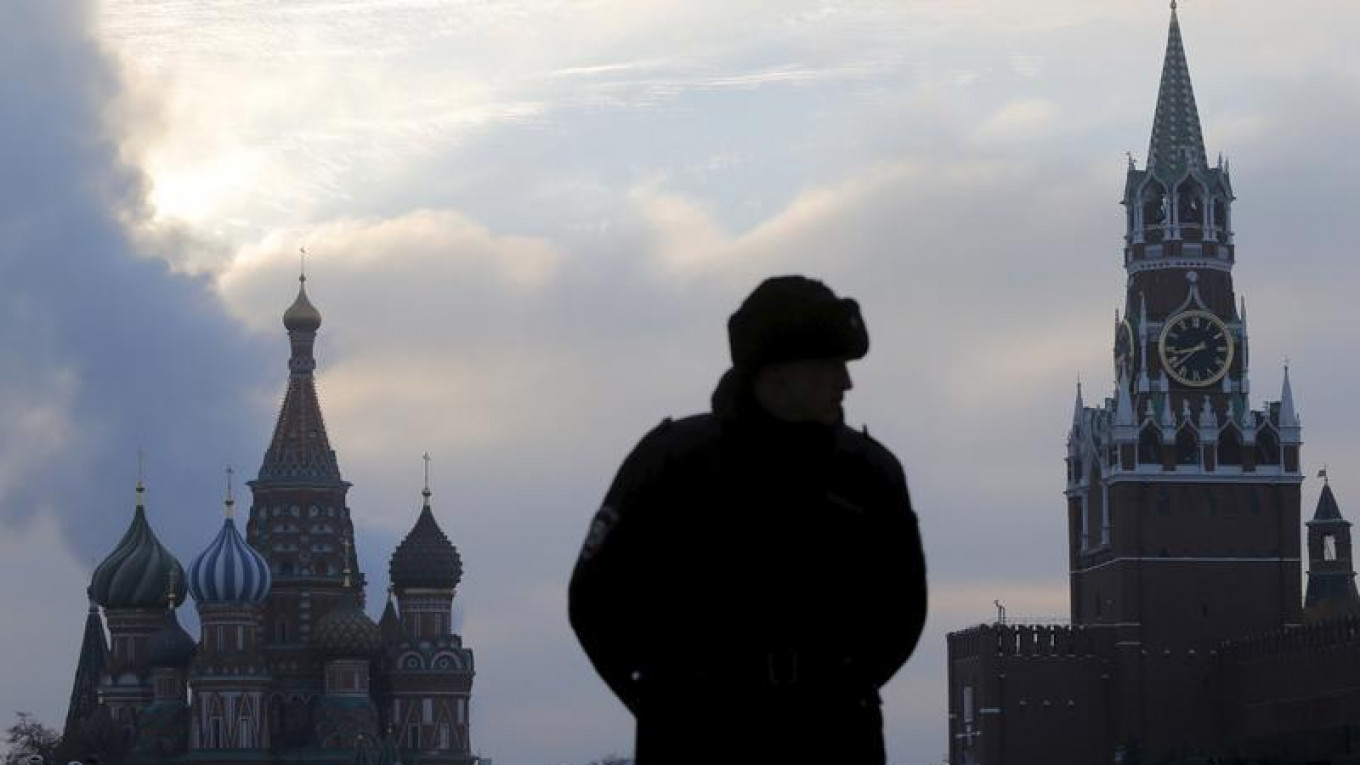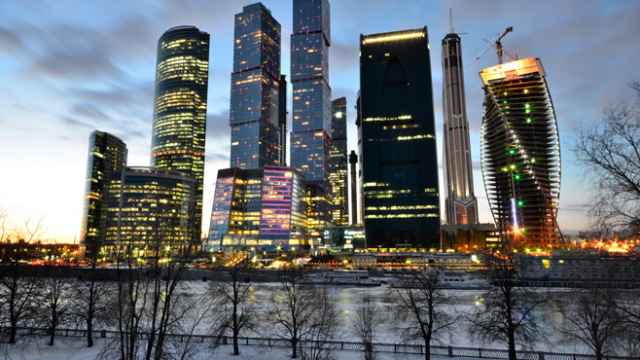Swiss national Karsten Albert once ran two hotels in Russia's Krasnaya Polyana. His contract seemed secure: like many foreigners, his salary was pegged to a foreign currency, but paid to him each month in rubles. Then Albert’s employer changed their mind. The company announced that it would be terminating his contract early- instead replacing him with a less expensive manager from Kazakhstan.
Albert was one of many foreign workers caught up in a wave of similar “early terminations” in 2015, said Marina Tarnopolskaya, managing partner at recruiting firm Agency Contact. The majority of expats working in the hospitality sector have left Russia, with the consumer goods sector and pharmaceutical industry facing similar changes, she said.
Such changes are often linked to the high wages which foreign specialists demand, and Russia's ongoing economic crisis. Siemens in Russia is just one of the companies who has switched from hiring foreigners, to hiring Russian nationals with lower salaries, said Joerg Liebscher, the director of the company's Mobility Department.
Foreign experts with unique skills are still in demand in certain sectors: yet the countries from which they arrive, and the conditions under which they work are beginning to change.
Expats from central and eastern European have become increasingly popular with Russian employers in recent years, largely due to the lower salaries they demand. There is also a cultural element, with Russian companies hoping that professionals who have established businesses in different post-socialist countries can transfer their skills to Russia.
The length of time that expats spend in Russia is also changing, according to staff at the Unity recruitment company.
Many factories which use Western equipment have increased the number of foreigners in their workforce, but the contracts they are working under have been shortened. Work which once would have required a year-long contract is instead being squeezed into six months, the company said.
Richard Marga, commercial director at the Prologics transport and logistics company, is in no rush to return to the United States. He says that he is now happy to “work like a Russian." Yet he believes the future is uncertain.
“The company signed a three-year contract with me, but my newly arrived colleagues were only given 18-month contracts,” he said. “Sooner or later, we’ll all be replaced by Russians.”
Luc Jones, a managing partner in Antal Russia, agreed that while Russian companies were still inviting expats to work on projects which required the use of foreign equipment, the companies would no longer offer a three or four year contract. Instead, an 18 month-long deal would be used, after which a performance review would determine if there was any need for an employee to stay longer.
Yet another major problem facing expats — falling wage packets — is not necessarily a setback, says Jones. Many expats who demanded higher salaries have already left in search of jobs in other emerging markets such as India, China, the UAE, and Eastern Europe, he said.
Some recruitment firms claim that many foreign experts
now work on equal terms with Russians and their salaries are no
longer pegged to foreign currency. They are hopeful that the Russian labor market has reached a “wage
equilibrium.”
“My salary in rubles has not changed,” said Richard Kveton, manager of the Heliopark Nebug hotel in the Krasnodar region. “In dollar terms I receive less now, of course. I fly abroad less frequently and I buy less. I live like all Russians do,” he said.
“Salaries don't depend on nationality, but on results,” said Olga Voroshilova, a partner in the Cornerstone recruitment company. “There is a never-ending stream of foreigners wanting to work in Russia,” she said.
A Message from The Moscow Times:
Dear readers,
We are facing unprecedented challenges. Russia's Prosecutor General's Office has designated The Moscow Times as an "undesirable" organization, criminalizing our work and putting our staff at risk of prosecution. This follows our earlier unjust labeling as a "foreign agent."
These actions are direct attempts to silence independent journalism in Russia. The authorities claim our work "discredits the decisions of the Russian leadership." We see things differently: we strive to provide accurate, unbiased reporting on Russia.
We, the journalists of The Moscow Times, refuse to be silenced. But to continue our work, we need your help.
Your support, no matter how small, makes a world of difference. If you can, please support us monthly starting from just $2. It's quick to set up, and every contribution makes a significant impact.
By supporting The Moscow Times, you're defending open, independent journalism in the face of repression. Thank you for standing with us.
Remind me later.






